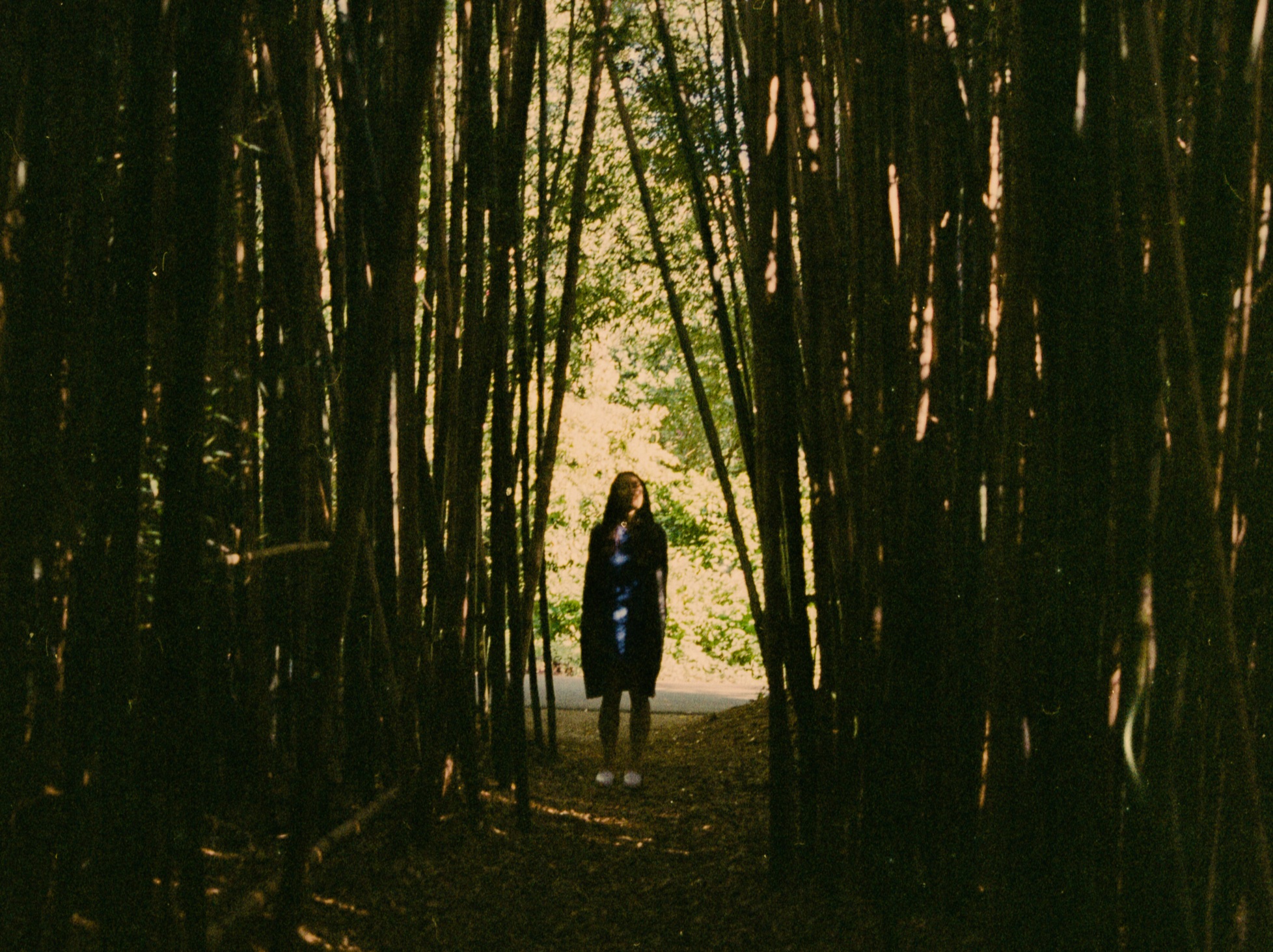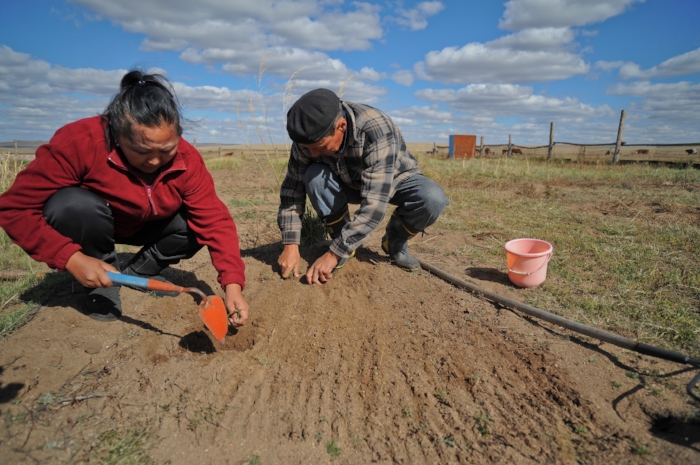Learning reciprocity the hard way
/With Mother’s Day just past, it’s still on my mind. There was a time when I thought Mother’s Day was nothing but a saccharine, commercial holiday. I was unimpressed even with the cards teachers force kids to write to their mothers. And then, there were the years when I was battling infertility and Mother’s Day was like a knife twisting in my gut.
I have a new perspective now.
First of all, I’ve been reading Braiding Sweetgrass: Indigenous Wisdom, Scientific, Knowledge and the Teachings of Plants by Robin Wall Kimmerer. It has taken its place among the select handful of books that are my all-time favorites. It’s that good.
Image via Pixabay
The primary theme is reciprocity with the natural world. One of the big questions explored in the book is whether or not gratitude, including overt expression of thanks, is “enough.” Does our gratitude somehow repay the natural world for all that we take and for the great harm human beings are doing to the earth’s ecosystems?
The answer is complex. There are some ways in which Kimmerer argues that gratitude is a particular gift that humans have to offer and that all that is asked of us is that we give the gifts that come naturally. But then there are ways in which it is clear that most humans have lost touch with the cycles of reciprocity and this is a grievous loss.
That was kind of the theme of Mother’s Day this year for me.
For us it was COVID-19 lockdown day 61. Being trapped in quarantine for two months with any three other people will tend to highlight their shortcomings for you and strain whatever relationship you have. In our case, we are nearly at the point of psychological collapse.
That has a lot to do with various disabilities. I’m nearly blind and the other three people in my household are dyslectic, which entails not just problems learning to read but also lifelong struggles with organization and attention to detail. Anyone who lives with a blind person will know that organization and attention to detail are the keys to success. On top of that, one of the kids has significant behavioral and psychiatric problems.
I’m the mother in this zoo of needs, the one responsible for filling bellies, soothing hurts and ultimately imparting values. I have spent the past eleven years doing everything I can to raise children with the values of respect and reciprocity. And by any measure, at this COVID-19 moment, I have failed miserably at that, whether it is entirely my fault or not.
This past Mother’s Day, my kids, ages 9 and 11, were at the end of a three-day weekend, because May 8 is a state holiday here. They had been out riding bikes both of the previous days in the sunshine and had no responsibilities. On Sunday, they needed to catch up a few things for school and do a small chore each to help out around the house.
Several hours of screaming, cussing, hitting and throwing everything within reach ensued.
“You’re the worst parents ever!” “I wish I had a different mom!” “I wish you would die!” “I hate you!” “Every other kid in the world has an iPhone, except me!” “No one else has to do chores!” “You are supposed to be my servant!” The screeches bounced off the walls (but they are edited here to exclude vulgarity. simply because I don’t feel like repeating those parts)
In the end, I didn’t get any vaguely cubist pictures featuring hearts this year. I didn’t even get any hugs and my kids never did do kisses. I haven’t ever actually experienced breakfast in bed and it certainly wasn’t on the menu this year. I didn’t get flowers and instead my eleven-year-old pulled up the flower starts I had put in window boxes, taunting me through the kitchen window while she tore the tender roots to shreds because I wouldn’t let her have video games before her homework was done.
So, it wasn’t much like the way Mother’s Day is portrayed in popular culture.
I did overhear the phone tutor trying to get my children to draw me a picture for Mother’s Day. They didn’t. My husband is too overwhelmed to make them do it or to think about values beyond survival.
The whole thing made me think about reciprocity, the value of gratitude and the role of ever-giving, sacrificial mother. This is essentially how we treat the earth, isn’t it?
When I spend hours cooking from scratch only to have my family make gagging noises at the table and complain that other kids get packaged food, I think of the earth giving us endless crops, despite our abuse of the soil through chemical fertilizers and harmful monocultures. When I have to shield my particularly vulnerable eyes with my arm, while the kids throw pencils and toy cars at my face, I think of the rare-earth mining operations that gouge deep into the planet to make my phone and computer.
My children have a lot of needs and even more desires. Perhaps like the earth, I signed up to be a mother, but I couldn’t possibly have known what the cost would be. It isn’t so much the work, the gray hairs, the long nights, the exhaustion or the endless homework sessions that get me down.
It’s the words and the disrespect that hurt. I wonder if the earth feels the same way.
Of course, there are scientific reasons why the earth is hurting and none of them have directly to do with our expressions of appreciation, or lack their of. But Kimmerer makes a compelling argument as to why gratitude physically and biologically, as well as spiritually, matters to plants and ecosystems.
We know it matters in relationships. Despite my very unpleasant experiences of Mother’s Day, I’m actually a proponent of it. I know it is used and abused for commercial purposes far too often. But there is nothing like NOT getting a smudged picture of a stick figure mother and child to make you value one.
I am glad mothers are given at least one day of gratitude and appreciation. It may be too much like Earth Day, when some of us do the same for the earth without giving much thought the rest of the year. But either is a call for us to rejoin the circle of reciprocity. And this year, even more than most, I have learned how the earth must feel as an unacknowledged mother and my resolve to do right by her is renewed.
Would gratitude and appreciation be “enough?” If I did get Mother’s Day cards and “thank you” when I cook a meal?
Would it erase every other trouble? I doubt it.
But I think it might just be “enough” in a way. I have a lot to give as a mother. My well is deep. Just not bottomless.
The earth is like that too. She’s a mother with vast resources, just not endless resources. If we treated the earth the way we say people should treat their human mothers, with some basic appreciation and gratitude, as Kimmerer asks, there might just be hope for us after all.






















